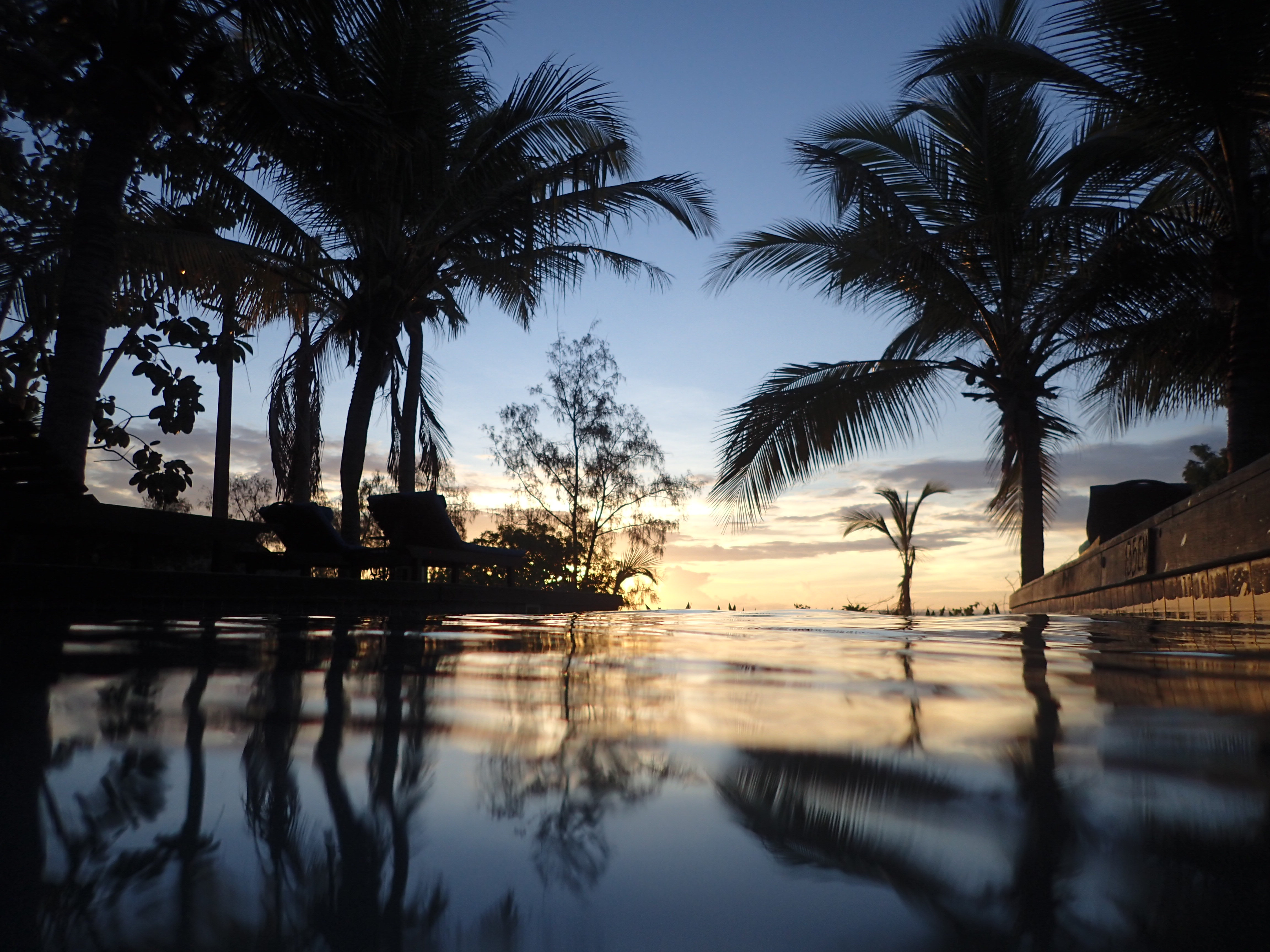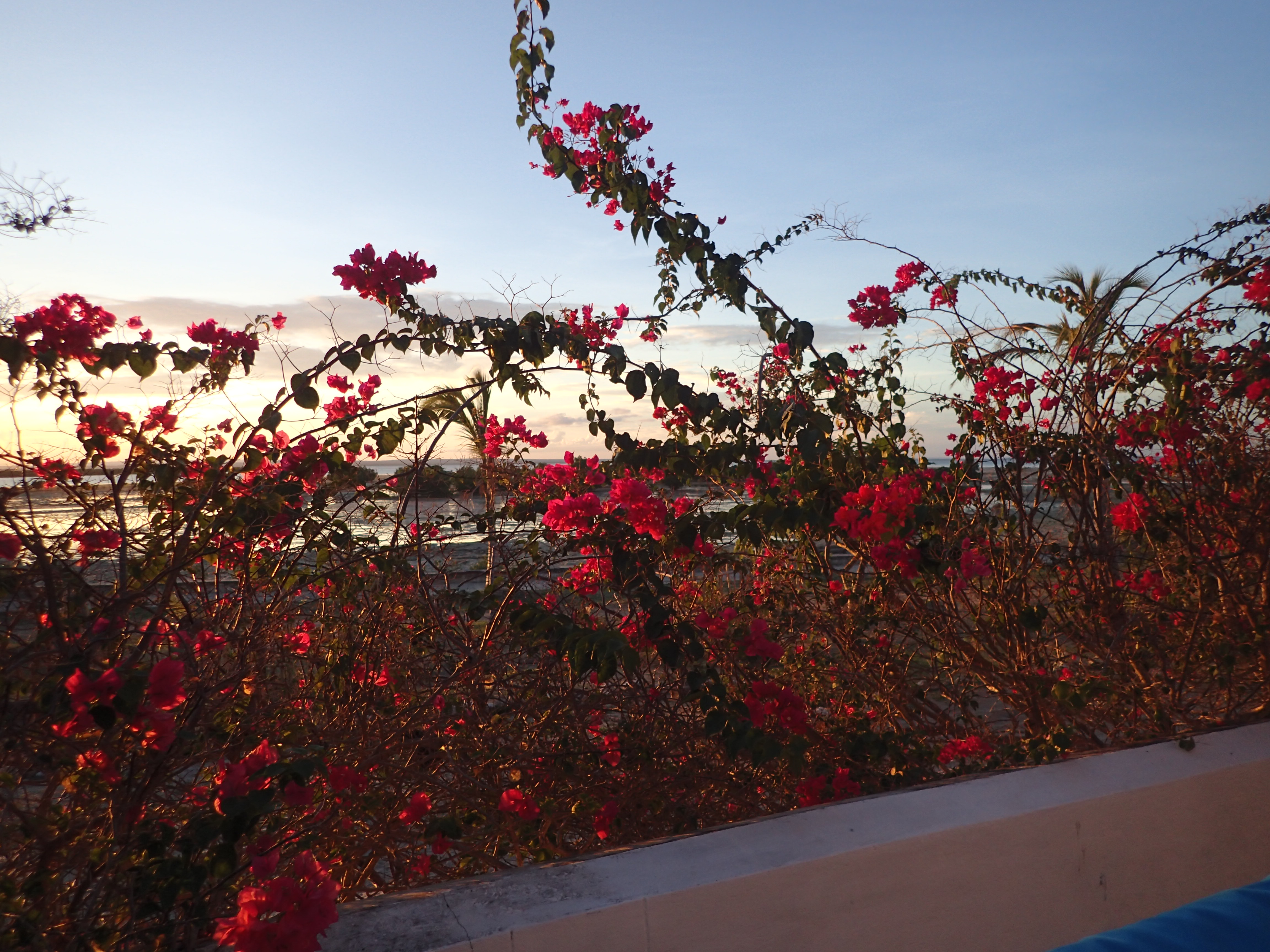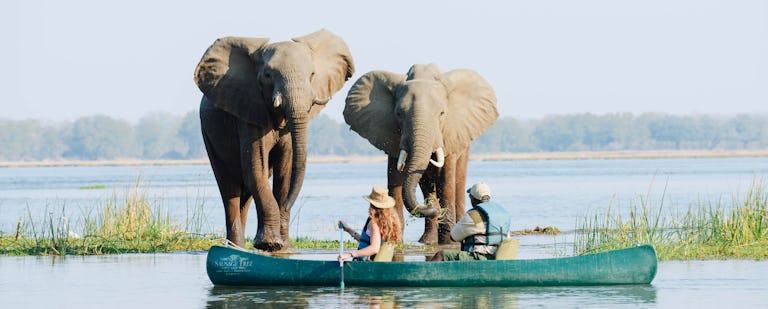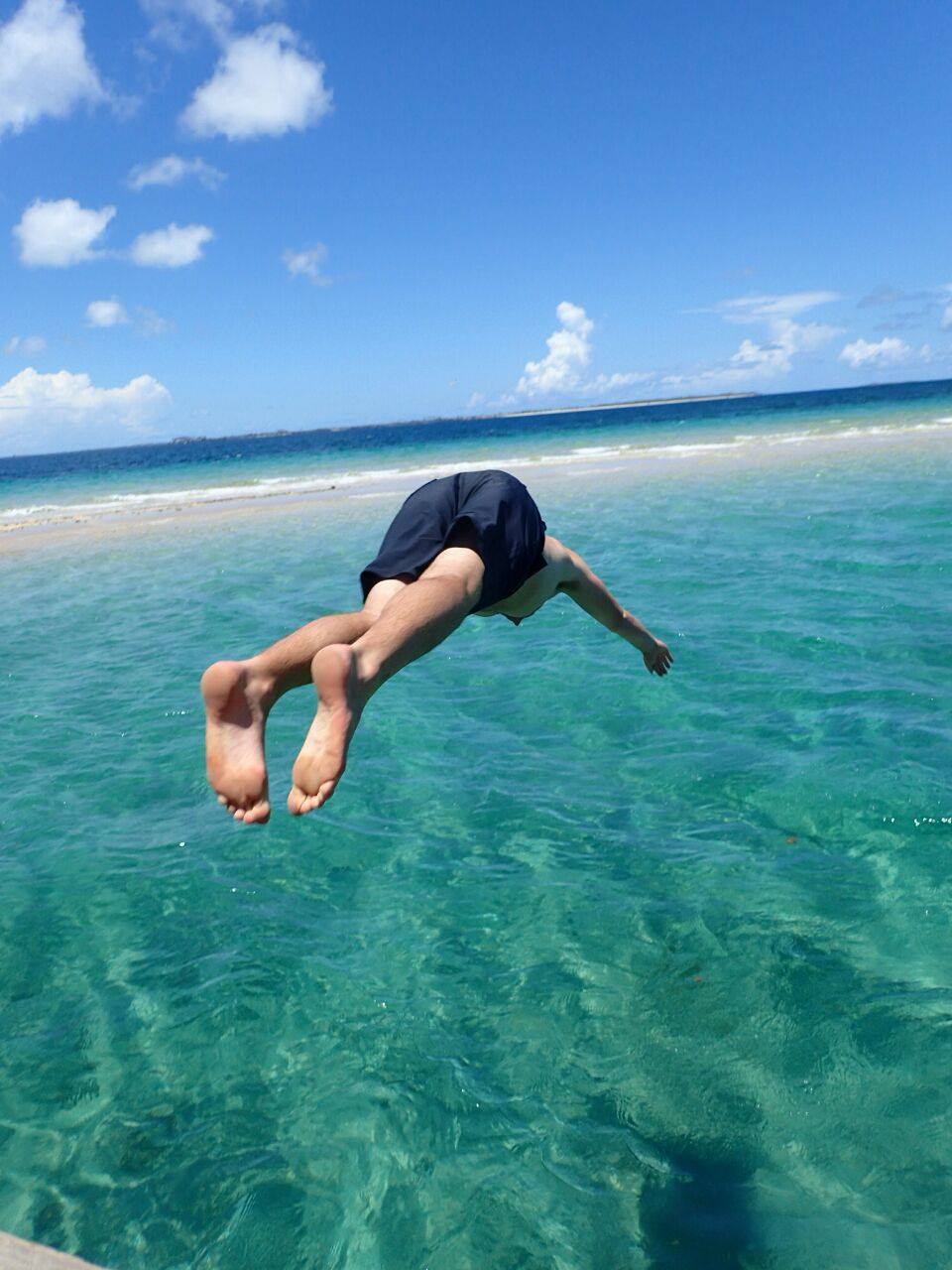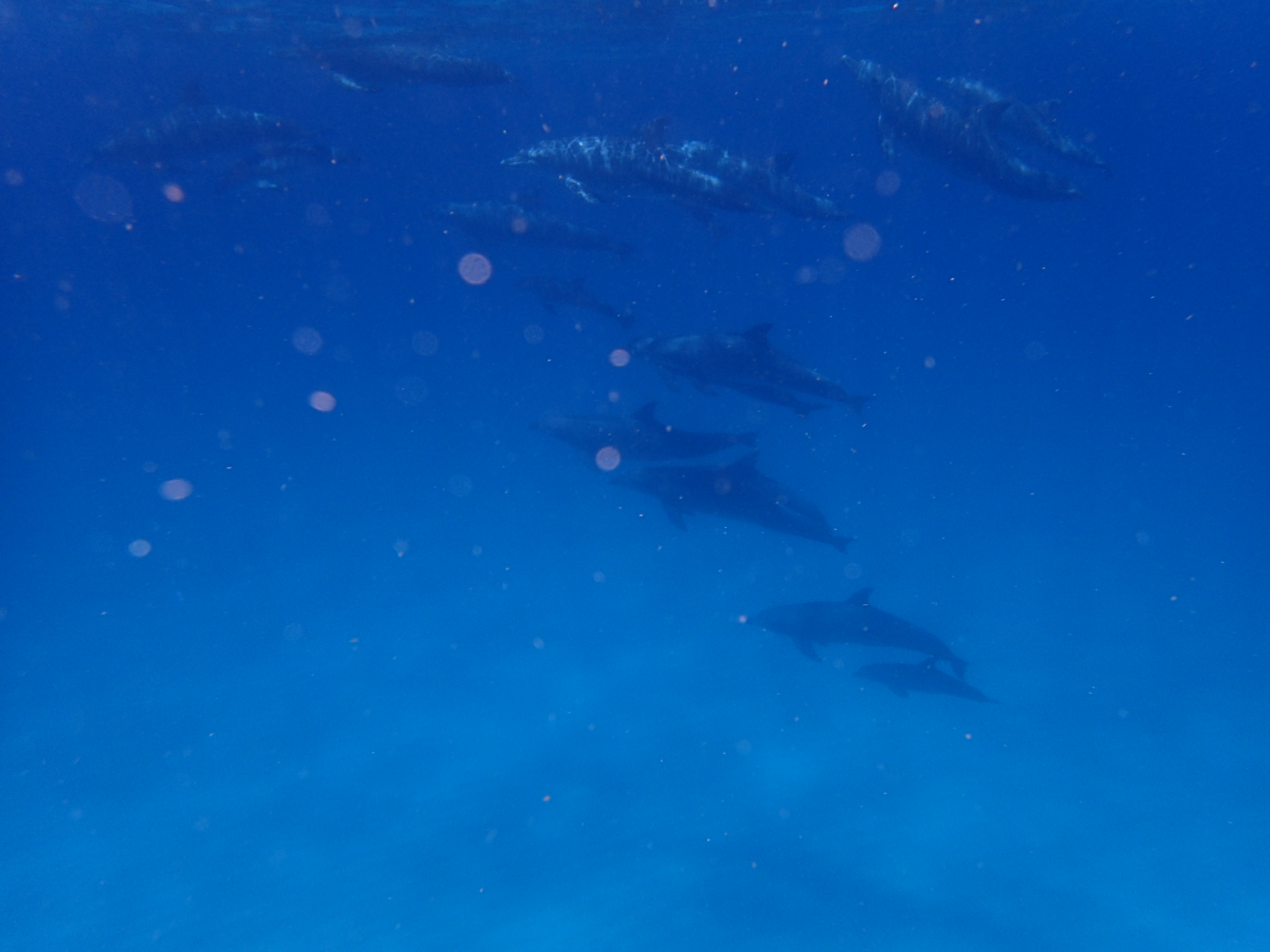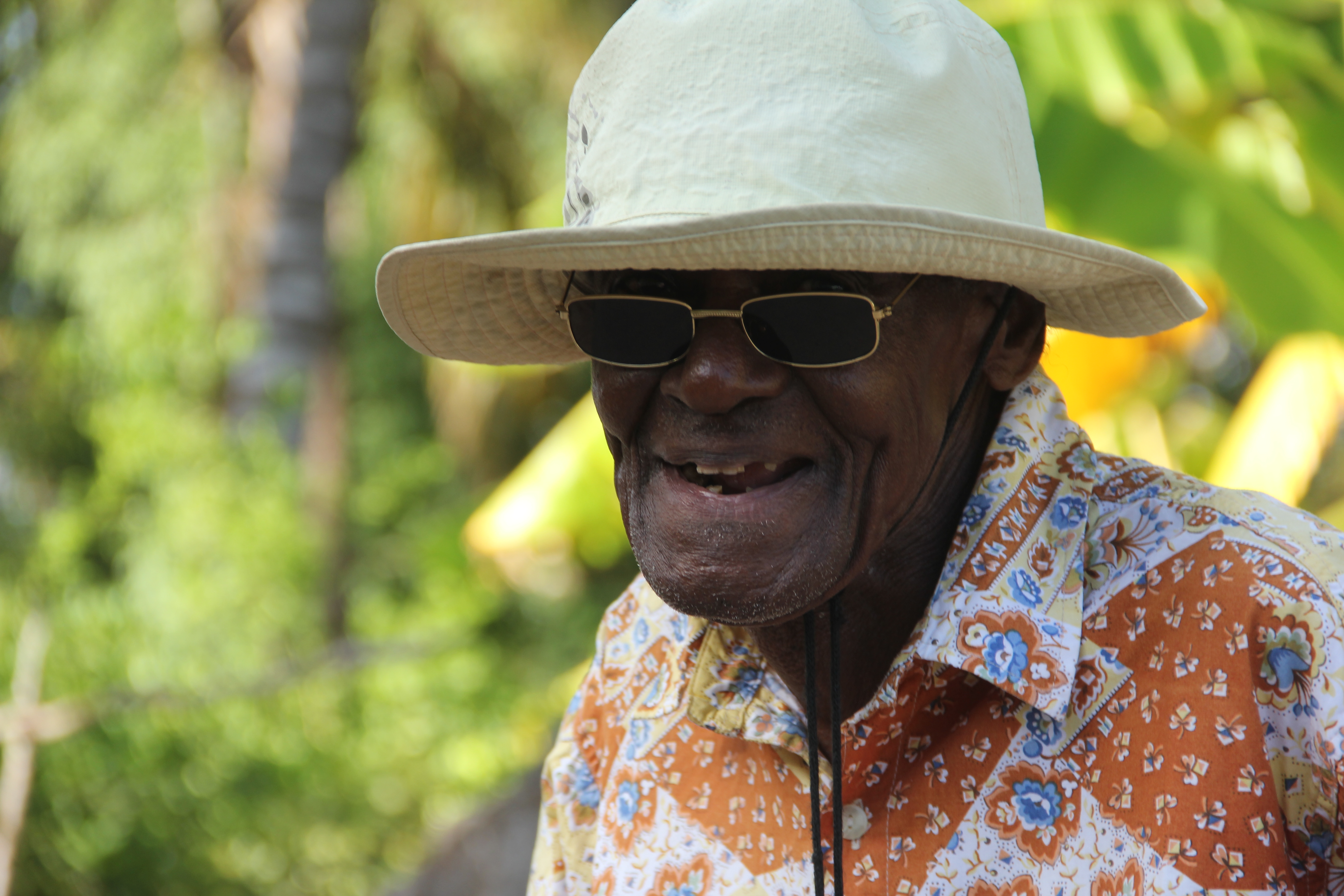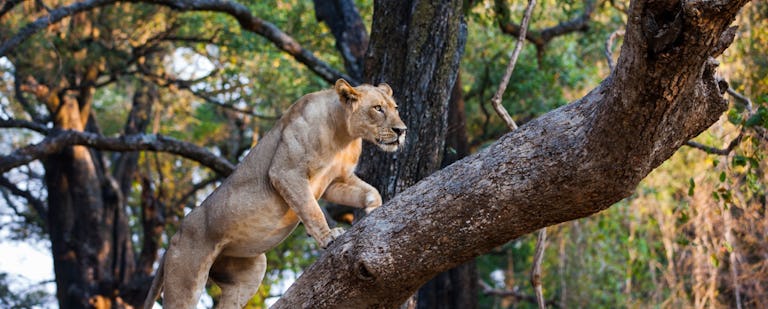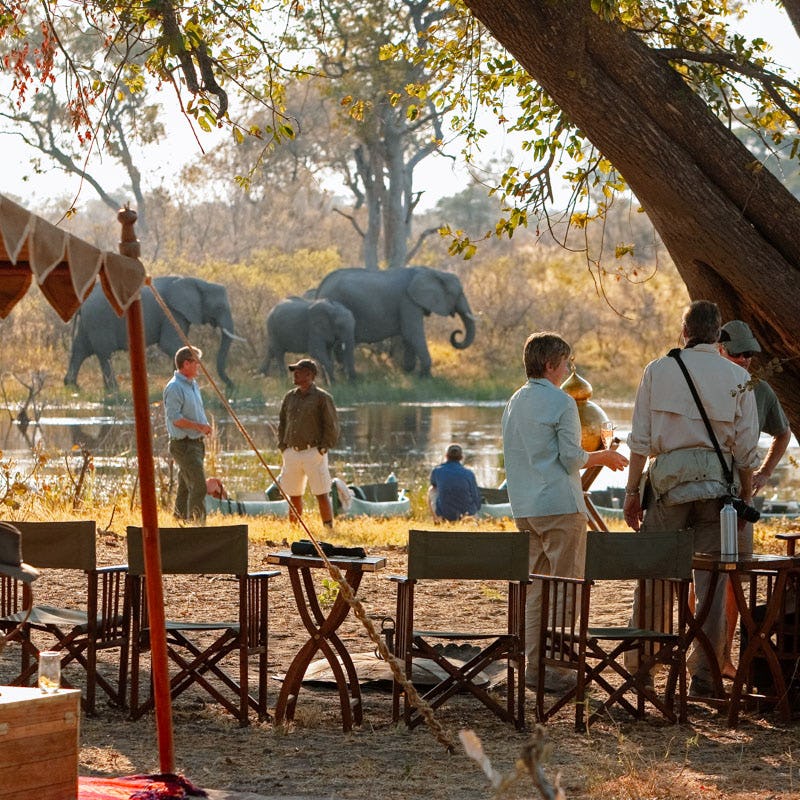At present, the Quirimba Islands are closed for tourism but we will keep you updated as soon as anything changes.
It was a Monday evening, and a creaky silence had descended over the old Ibo Island Lodge.
The sun was a pink and orange painting in front of the lodge, and a motorcycle puttered by on the street below, and dogs barked on the beach, and the tinny chant of a Muslim prayer drifted on the warm evening breeze.
Ibo… Ahhh… It seemed like a sin to be in such a wonderful, eerie, historic and romantic island sans girlfriend. But I had dreamed of visiting Ibo for years, and now, after three flights and a Land Rover transfer, I had two full days ahead to explore its magnificent mangrove-fringed shores, and learn about its colourful—and somewhat dark—history.
The Mozambican humidity had seeped into my veins, so I jumped in the lodge infinity pool, cracked a local ice cold beer and watched the sun sink over the mangrove bay. The water was a few degrees warmer than the air outside, but I could feel the creaking in my bones subside as the old sailing dhows returned to the harbour after a day’s fishing.
For centuries, ancient dhow boats have floated by the Quirimbas Archipelago on their trade routes between the Indies and Africa. As early as AD600, Arab traders had landed their dhows on Ibo Island, where they created fortified trading posts from which to trade slaves, gold and ivory en route to the Arab world.
The island seesawed between Portuguese and Omani Arab rule and eventually the Portuguese held sway as colonial rulers, and Ibo became the second most important Portuguese trading centre after Ilha de Mozambique.
Now, African fishermen, Portuguese colonists and Arab traders have all melted into the culture of the island, and you can see all these influences in Ibo. Walking around Ibo Island Lodge, with its tall ceilings, great wooden carved doors, its sweeping white-pillared balconies and bougainvillea hedges, you can feel the history.
As darkness descended over the old lady, cold Mozambican beers and fresh lobster lured me to the dinner table, and finally, off the bed.
It was a wonderful thing to flop out of the warm Indian Ocean after an hour of morning snorkelling, and within a few steps, be seated on a chair in the shade on a sand bank in the middle of the Indian Ocean; eating eggs and sausages and coffee while watching the dark shimmering figures of the fishermen hauling up their morning catch.
This is a breakfast—Ibo Island Lodge style.
Earlier, we were transported to the sand bank in the best way possible: on a hulking wooden dhow with great triangular sails that swayed overhead and pulled us through the turquoise water.
There’s something just splendid about sailing on a dhow.
The experience whipsaws your sense of time. One moment you are watching the islands float by and chatting to the captain from your limited perspective as a tourist, and the next you are an Arab trader, sailing up the unknown African coast transporting hull loads of spices and silk and ivory bound for the Emirates.
And then there were the dolphins!
The build up to seeing the dolphins was dramatic. Our guide, Cosmo, positioned us on the edge of the boat, and waited until the fins of the dolphins sworded above the surface, and then he shouted: “Jump!”
First, there were the flashes of silver, and then the animals appeared in their full forms, zipping through the water like torpedos, the odd curious eye watching from below. I hung on the surface for a while, waiting until they moved a bit closer then drew a deep breath and dived down. Down and down, until I began to sink.
Once I hit the sandy floor, about ten meters down, I turned around and looked up at the shadows flitting along the surface, and then they were gone, and it was just me on the quiet sea floor.
The main street of Ibo town was eerily still. Everything—the old colonial buildings, the dusty roads, the people—seemed poised in the past.
The Portuguese, Dutch, Indian, Arabian and the Chinese all had a hand in the houses and buildings on Ibo, and the ‘main road displays all these old building styles in various stages of disrepair. Some of the buildings are occupied by squatters, some of them are in a steady state of crumbling, and some are consumed by strangler figs that wrap their way round the walls and buildings inch by inch.
Despite its dark history of slavery—the town’s most lucrative industry for many years—Ibo has so many signs of renewal. Kids scuttled across the streets from their afternoon school classes; shrieks from the football games on the fields and many of the houses playing music in the dusty afternoon.
On one road we meet Joel Baptista, a hunching old man with few teeth and a great wide grin on his face. He was 88, one of the oldest and wisest men on the island, and something of a celebrity. He was born on the island and became one of the few local men to receive an education from the Portuguese colonists. He ended up teaching many of the local soldiers to read during Mozambique’s wars of independence.
Now, Joel acts as an unofficial historian, sitting on his balcony most of the day, chatting to tourists… and loving the attention.
The daily Muslim prayers floated over from a loudspeaker somewhere in town as we sat for our final candlelight dinner on the beach in front of Ibo Island Lodge.
Eating freshly-caught lobster beneath the stars, the island still felt as empty and ghostly as it did when we arrived.
But that’s all the romantic charm of Ibo Island.
It doesn’t feel plastic like some islands, but instead has all the character and nuance and wonder and beauty that makes the Quirimbas so beautiful; where the triangular sails of the dhows drift quietly on the sea, always catching the light against the deep blue, often casting that enigmatic silhouette, and when you leave, it’s this image that sits with you for a long time.
Ah… Ibo.














